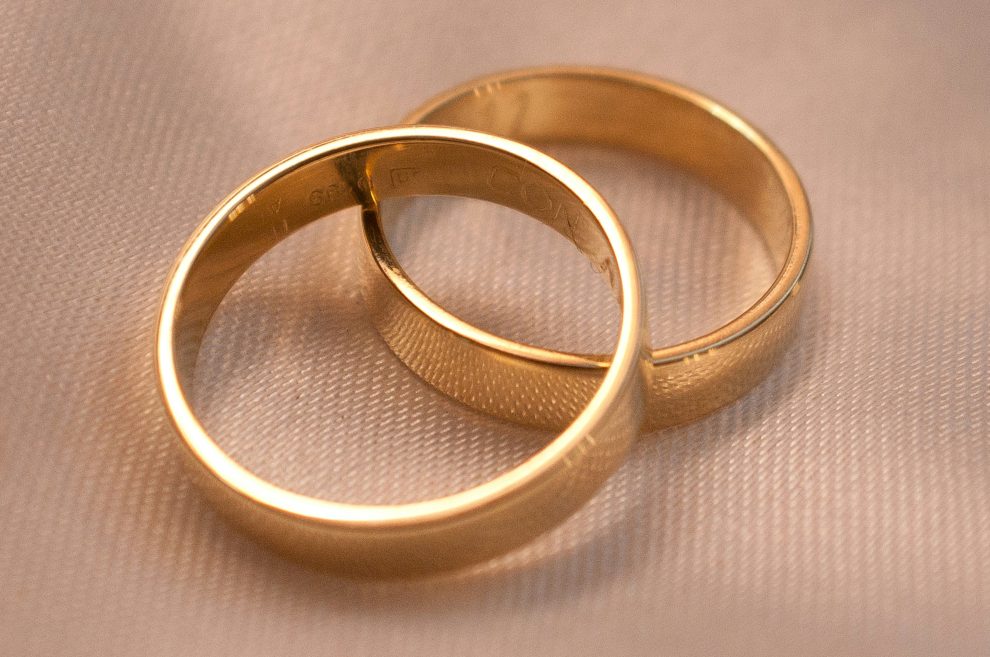Everyone knows that, with a few exceptions, Catholic priests are celibate. But can Catholic deacons marry?
Married men have been admitted to the clergy of the Catholic Church since the Second Vatican Council in the form of permanent deacons. These men receive the same sacrament of orders that priests and bishops receive, and are thus considered clerics. They just do so without the obligation of celibacy that priests and bishops have been held to beginning with the Gregorian reforms of the 11th century.
In 1840, in perhaps the first written record on the restoration of the permanent diaconate, J. K. Passavant, a German physician, sent a letter to Melchior van Diepenbrock, the future Archbishop of Breslau (then a part of Germany) suggesting married men, “drawn from the best educated ranks of the so-called laity,” could do the work of deacons in the church. Deacon William T. Ditewig, who studies the diaconate, writes that Passavant’s suggestion likely came from the observation that “the priesthood was too divorced from the daily life of people.”
But during the Second Vatican Council some bishops, who were eventually convinced of the need for the restoration of the ancient order, still feared that without an obligation of celibacy, the church would lose priestly vocations to the permanent diaconate. The council eventually determined that mature married men (age 35 and older in the United States) could be ordained permanent deacons, but younger men must promise celibacy.
Permanent deacons still face restrictions regarding dating and marriage. Mature men who feel called to the permanent diaconate and marriage must already be married before beginning the process of formation for ordination. Otherwise, they have to accept the obligation of celibacy.
In the National Directory for the Formation, Ministry, and Life of Permanent Deacons in the United States, the U.S. bishops state, “In one way or another, celibacy affects every deacon, married or unmarried,” particularly in the case where a deacon’s wife dies. Barring a special dispensation from the Holy See (for example, in the case of young children), these Catholic deacons cannot marry again.
Most dioceses in the United States with a permanent diaconate expect wives to go through formation with their husbands, often a three- to four-year process. The U.S. bishops’ guidelines only require wives’ formal consent to their husband’s ordination.
Still, the evidence shows that wives (and 92 percent of American deacons have them, according to a study of the permanent diaconate in the United States by the Center for Applied Research in the Apostolate) are involved with their husbands’ ministry, joining them as they minister to prison inmates or helping to coordinate baptisms and marriages at the parish.
This article appeared in the March 2012 issue of U.S. Catholic (Vol. 77, No. 3, page 46).
Photo by Mariano Rivas on Unsplash















Add comment